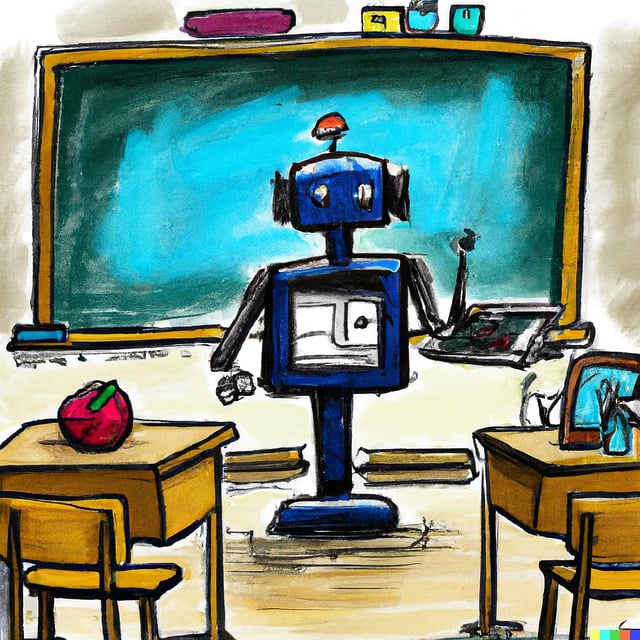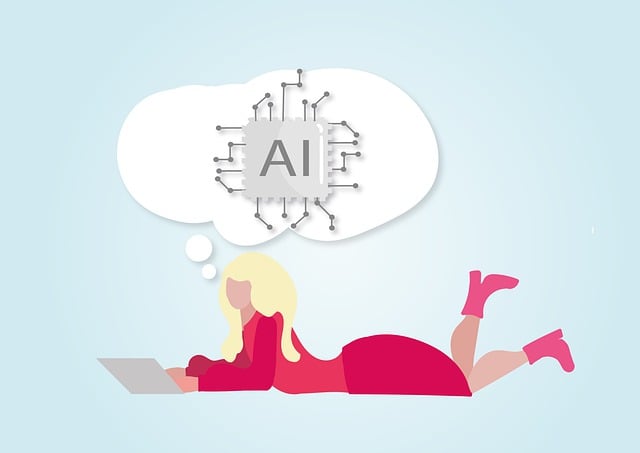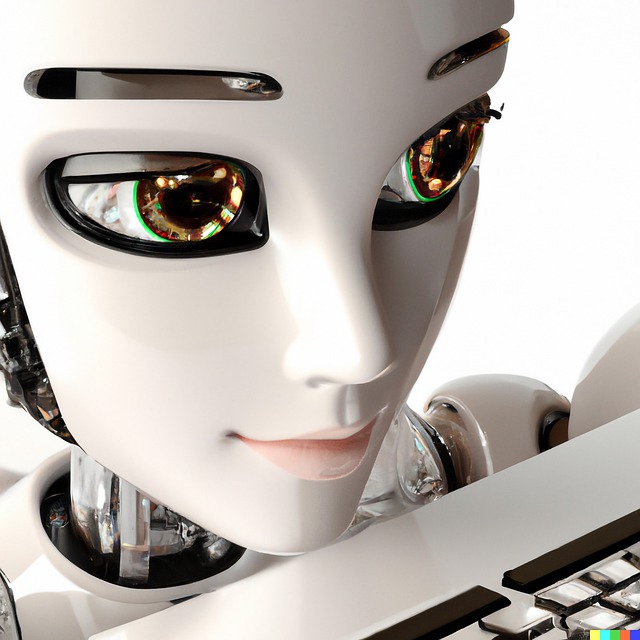Artificial intelligence (AI) is a rapidly advancing field of technology that holds the promise of transforming the way people interact with the world around them. AI technology has already been used to create self-driving cars, assist in medical diagnoses, and even build robots that can interact with humans. As AI technology continues to evolve, its potential applications and implications for society will only grow.
To understand the future of AI technology, it is important to consider the current state of the field. AI is currently used in a variety of ways, from natural language processing and machine learning to robotics and facial recognition. AI can be used to automate mundane tasks, analyze data, and even make decisions. However, the most advanced AI applications are still in their infancy, and the potential for AI to revolutionize the way people interact with technology is only beginning to be explored.
In the near future, AI technology is likely to become even more sophisticated, allowing for more complex tasks to be automated. This could lead to a future where AI can be used to automate entire industries, from manufacturing to finance. AI could also be used to create more personalized experiences for consumers, allowing for more efficient and tailored interactions with products and services.
As AI technology continues to evolve, it is likely to become even more integrated into everyday life. AI-powered devices could become commonplace, allowing people to interact with technology in a more natural and intuitive way. AI could also be used to create more intelligent and responsive systems that can anticipate user needs. This could lead to more efficient and personalized interactions between people and their technology.
In the long term, AI technology is likely to become even more powerful and capable of performing complex tasks. AI could be used to develop intelligent machines that can think and act independently, as well as machines that can interact with humans in a more natural and intuitive way. This could lead to a future where AI-powered devices are commonplace and used for a variety of tasks, from driving cars to managing entire factories.
The implications of AI technology for society are far-reaching and complex. AI could potentially revolutionize the way people interact with technology and each other, leading to more efficient and personalized experiences. It could also lead to the automation of entire industries, as well as the emergence of intelligent machines that can think and act independently. As AI technology continues to evolve, its potential applications and implications for society will only grow.










